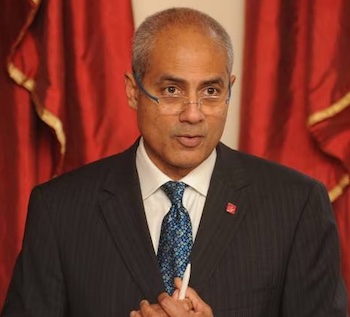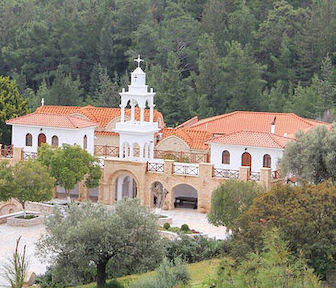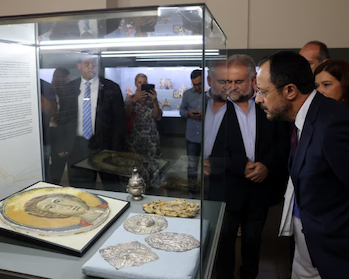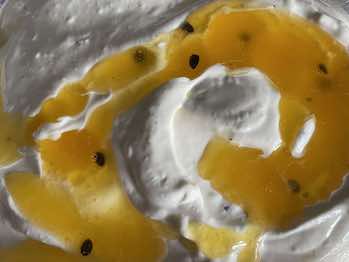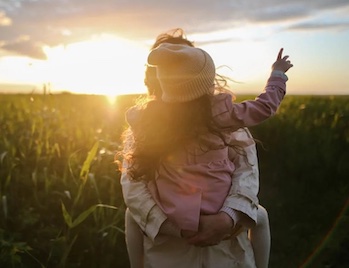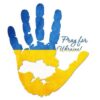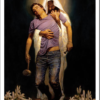BBC newsreader George Alagiah has died at the age of 67, after battling cancer for nine years.
A statement from his agent said he “died peacefully today, surrounded by his family and loved ones”.
The journalist – the face of BBC One’s News At Six since 2007 – was diagnosed in 2014 with stage four bowel cancer, which had spread to his liver and lymph nodes.
Born in Sri Lanka, George worked for the BBC from 1989, as a foreign correspondent, and presented the Six O’clock News for nearly twenty years. He was hugely popular with colleagues and viewers alike, known for showing kindness, gentleness and compassion to everyone he met.
He was married to Frances Robathan and the couple have two sons and three grandchildren.
BBC presenters rendered emotional tributes to their colleague and friend.
BBC director general Tim Davie said: “Across the BBC, we are all incredibly sad to hear the news about George. We are thinking of his family at this time. George was one of the best and bravest journalists of his generation who reported fearlessly from across the world as well as presenting the news flawlessly. He was more than just an outstanding journalist, audiences could sense his kindness, empathy and wonderful humanity. He was loved by all and we will miss him enormously.”
Nick Bryant, a former BBC foreign reporter said: “There won’t be many dry eyes today in the BBC newsroom. What a beautiful man.”
Clive Myrie told BBC One O’Clock News viewers: ‘We loved him here at BBC News and I loved him as a mentor, colleague and friend.’ Another one of Alagiah’s colleagues, Naga Munchetty, broke down in tears live on air while reporting his death. Speaking to listeners to her 5 Live show, she said: ‘Apologies for the emotion in my voice – he was so loved in our newsroom’.
BBC World Affairs editor John Simpson tweeted: “A gentler, kinder, more insightful and braver friend and colleague it would be hard to find.”
His news co-host, Natasha Kaplinsky wrote on Instagram: “Goodbye dearest George. I will miss you so very much. It was such a privilege to be your friend.”
George joined the BBC in 1989 and spent many years as one of the corporation’s leading foreign correspondents before moving to presenting.
He covered the civil wars in Somalia and Liberia as well as the genocide in Rwanda 20 years ago.
Throughout his career he interviewed central political figures, among them former South African president Nelson Mandela, Archbishop Desmond Tutu and ex-Zimbabwean leader Robert Mugabe.
He endured two rounds of chemotherapy and several operations, including the removal of most of his liver.
George was very open about his cancer diagnosis in 2014, and his battle against the disease, and said that his five operations and chemotherapy had given him a new appreciation for the beauty of his life. In October 2015 he announced his treatment was over and returned to BBC News At Six on 10 November.
In The Big Issue, he wrote: “When people get cancer they often say why me? When I was diagnosed, I thought about that, and the question came back, why not me? Why should I be exempt? In terms of timing I think I was exceptionally lucky… I wouldn’t give my cancer back… When I look at my life I think… it’s been a good one.”
“I have gotten to a place to see life as a gift. Rather than kind of worrying about when it’s going to end and how it’s going to end, I’ve got to a place where I can see it for the gift it is. I feel that gift keenly every morning.”
(Picture Courtesy: PA)

